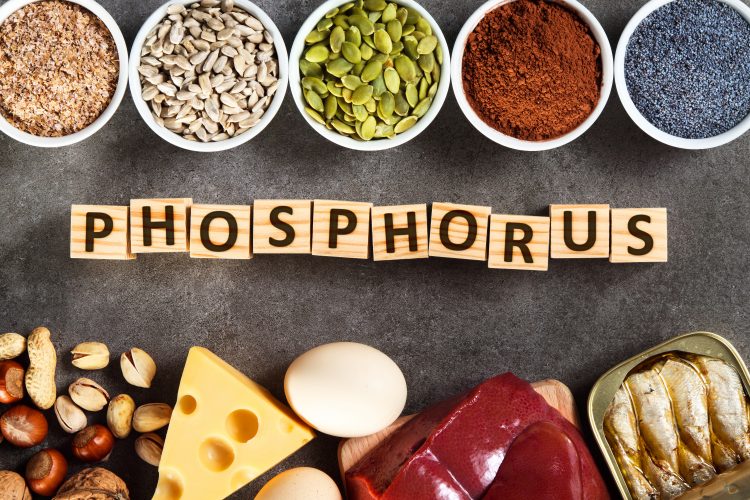New report demands government action to reduce phosphorus pollution
Posted: 9 June 2022 | New Food | No comments yet
A team of scientists have offered several solutions to the “global phosphorus crisis” that the group state is threatening food and water security.


Phosphorus is a very important element to the food and beverage industry
A new report by a team of international scientists warns that global mismanagement of phosphorus is causing multiple crises, warning that the element is “an essential but often overlooked resource which is vital for life on earth”.
Phosphorus is extracted from phosphate rock for use in crop fertilisers, livestock feeds and food additives.
Global food security remains threatened as many farmers struggle to afford sufficient phosphorus fertiliser for their crops, according to the report, which adds that overuse of fertilisers and sewage pollution causes millions of tonnes of phosphorus to be pumped into lakes and rivers each year, damaging biodiversity and affecting water quality.
The report – named Our Phosphorus Future – is a global analysis of the challenges and possible solutions to the phosphorus crisis, written by a team of 40 international experts from 17 countries and supported by the United Nations Environment Programme (UNEP).
The report calls on governments across the world to adopt a ’50, 50, 50′ goal: a 50 per cent reduction in global pollution of phosphorus and a 50 per cent increase in recycling of the element by the year 2050.
Recommendations in the report include: integrating livestock and crop production so phosphorus in animal manure is applied to crops, reducing the demand for chemical fertilisers, moving towards more sustainable diets, which would reduce the amount of phosphorus needed to grow animal feed, reducing food waste meaning less demand for crops and animal products, and therefore phosphorus, and improving wastewater treatment to remove phosphorus from sewage so it can be reused.
According to the report, only four countries – China, Morocco, the US and Russia – control around 70 per cent of the annual global production of phosphate rock from which phosphorus is extracted, “leaving the market exposed to massive fluctuations in costs and supply due to political disputes, trade wars and escalating fuel prices”. The report adds that since 2020, the prices of both phosphate rock and fertiliser have increased by around 400 per cent, and continue to rise, which “instability exacerbates the impacts of other global factors influencing fertiliser costs”.
“Many countries are highly dependent on imported phosphorus fertiliser for food production, leaving them exposed to fertiliser price fluctuations,” said Professor Bryan Spears , one of the lead authors of the report.
“More efficient use of phosphorus in agriculture and increased recycling, for example from wastewater, can increase resilience in the food system while reducing pollution of lakes and rivers that are biodiversity hotspots and important for drinking water supply.”
The report’s authors estimate adopting the ’50, 50, 50′ goal would create a food system that would provide enough phosphorus to sustain over four times the current global population, save farmers nearly US $20 billion in annual phosphorus fertiliser costs and avoid a projected yearly clean-up bill of over US $300 billion to remove phosphorus from polluted water courses.
The experts hope their report will raise awareness of the need for sustainable phosphorus management informing collaborations between scientists, governments, farmers and industries.
“So far, there has been a lack of intergovernmental action,” said Dr Will Brownlie, a freshwater scientist, and one of the coordinators of the report.
“By providing the scientific evidence that shows threats posed by unsustainable use of phosphorus, as well as putting forward solutions, we hope our report will catalyse change towards sustainable management of this essential nutrient.”









